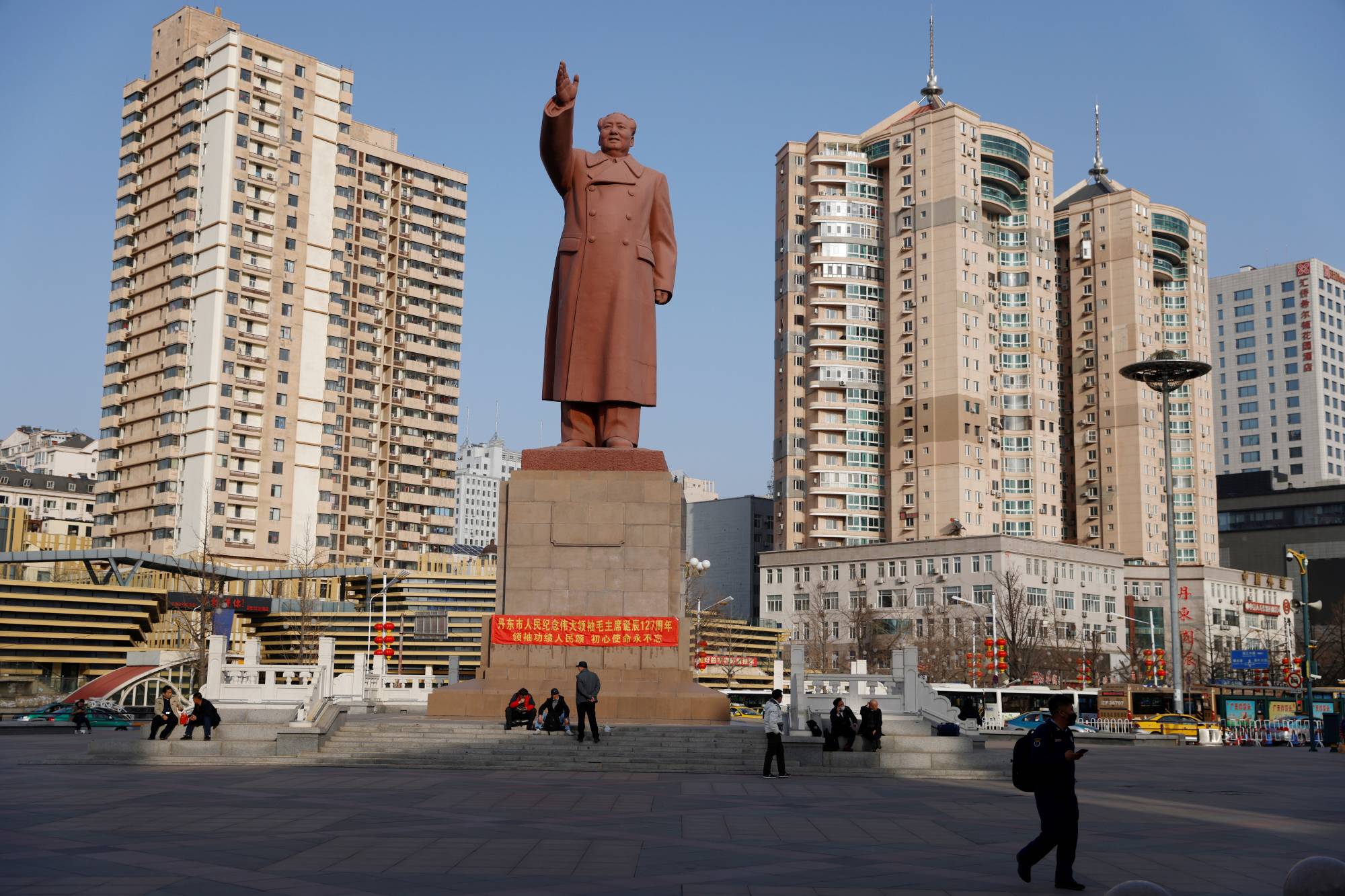In his 1944 classic "The Road to Serfdom," the Austrian economist and philosopher Friedrich August von Hayek warned that central planning and public ownership would inevitably lead to hardship, oppression and even tyranny, while free markets would naturally maximize general welfare.
The same year, in The Great Transformation, the American-Hungarian economic historian Karl Polanyi offered a very different picture, arguing that market forces and society are locked in a kind of struggle: Capitalists exploit society through free markets and society pushes back through regulation and politics.
Nearly 80 years later, debates over Polanyi and Hayek’s opposing views still echo through the halls of power in Beijing and Washington. While the West essentially adopted Hayek’s liberal order of free markets and democracy, China broadly followed Polanyi’s “great transformation,” becoming the world’s largest economy (based on purchasing power parity, or PPP) and nearly eradicating absolute poverty.

















With your current subscription plan you can comment on stories. However, before writing your first comment, please create a display name in the Profile section of your subscriber account page.